News
Harvey Weinstein ‘s Rape Conviction Overturned, New York Appeals Court Orders Fresh Trial

On Thursday, the highest court in New York, called the Court of Appeals, made a big decision about Harvey Weinstein. They said that Harvey Weinstein’s conviction for sex crimes. Which happened in 2020, should be overturned. This means they believe there were problems with how the trial was done, so they want to have a new trial for him.
The Court of Appeals said that the judge in the trial made some mistakes. They said the judge did things that were not fair to Harvey Weinstein. For example, the judge let some women talk about things that were not directly related to the case. This might have influenced the jury’s decision unfairly.
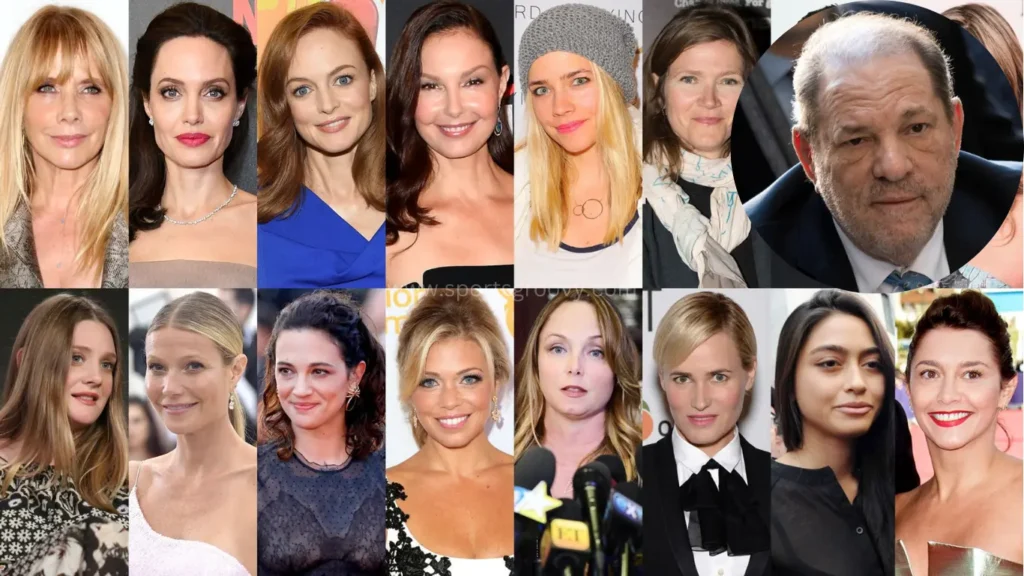
So now, because of these mistakes, Harvey Weinstein’s conviction canceled. This means the decision that said he was guilty is not valid anymore. Now, there will be another trial to decide if he is guilty or not.
Weinstein, who is 72 years old, found guilty in 2020 of first degree criminal sexual act and third degree rape. Because of this, he was given a sentence of 23 years in prison.
Even though he convicted, Harvey Weinstein has always said he didn’t do anything wrong. He has consistently said that all the sexual activity he involved in was consensual, meaning both people agreed to it.
The Manhattan District Attorney’s Office announced that they intend to have another trial for Harvey Weinstein. They said they determined to try the case again. Emily Tuttle, who works in communications for the office, said they will put all their efforts into making sure there’s a new trial. She also said they still fully committed to support survivors of sexual assault.
According to the state Department of Corrections and Community Supervision. Harvey Weinstein is currently held at Mohawk Correctional Facility in Rome, New York. The department mentioned that they are looking into the decision made by the appeals court.
This means they are carefully considering what the appeals court said and what it means for Harvey Weinstein’s situation.
Harvey Weinstein’s defense attorney, Arthur Aidala, said in a news conference that Weinstein will soon leave the correctional facility and go to court in Manhattan. There, his trial will begin again from the start.
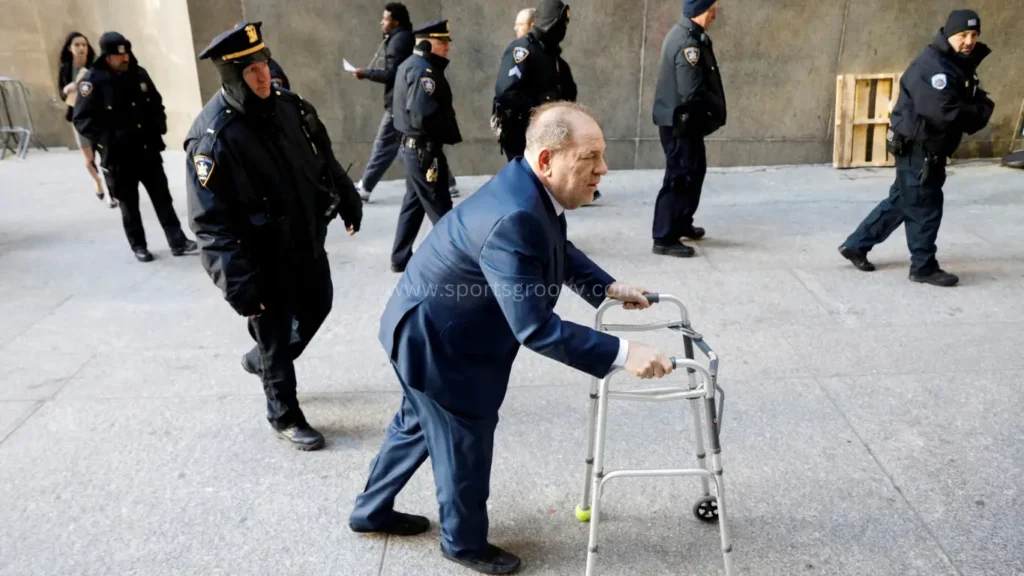
This time, there will be a different judge and prosecutor overseeing the case. So, it means everything will start fresh with new people in charge of the trial.
It’s not expected that Harvey Weinstein will be set free because he was given a 16-year prison sentence last year in Los Angeles. This was for charges of rape and sexual assault. That trial also involved using witnesses who talked about Harvey Weinstein’s past actions, just like the trial in New York.
The decision made in the Los Angeles trial has also been challenged and is being looked at again. So, even if Weinstein is not released after the trial in New York. He will still have to serve his sentence from the trial in Los Angeles.
The ruling made on Thursday comes more than six years after The New York Times and The New Yorker published reports in 2017. These reports revealed what Harvey Weinstein accused of doing. They said he had a long history of allegedly abusing and harassing women sexually.
The reports also talked about how Weinstein would secretly settle legal cases with some of the women who accused him of wrongdoing. Throughout all of this, Weinstein used his power and influence in Hollywood to take advantage of young women, according to the reports.
At the time when the reports surfaced, Harvey Weinstein was one of the most influential figures in Hollywood. He had a hand in producing popular movies like “Pulp Fiction,” “Clerks,” and “Shakespeare in Love.”
The revelations in these reports sparked a movement where many women started speaking out publicly about the widespread problem of sexual abuse and harassment. This movement became known as the #MeToo movement.
However, despite the attention brought by #MeToo, its impact in the courtroom has been mixed. The recent overturning of Harvey Weinstein’s conviction marks the second high profile case to be reversed on appeal.
Previously, comedian Bill Cosby found guilty in 2018 of drugging and sexually assaulting a woman. However, in 2021, a Pennsylvania appeals court overturned Cosby’s conviction. They stated that his rights to due process violated during the trial.
Weinstein Reactions on overturn the case:
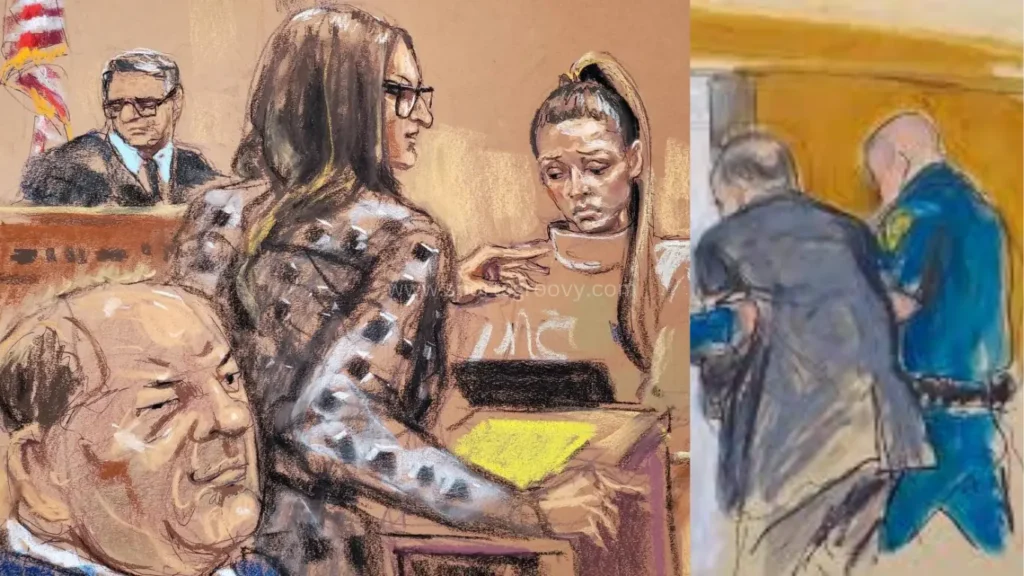
The decision to overturn Weinstein’s conviction caused various reactions from people involved in the case.
When Weinstein heard the news, he showed a lot of appreciation for his legal team. His attorney, Aidala, mentioned that Weinstein praised his lawyers and was extremely polite and thankful.
Harvey Weinstein’s defense team and his lead attorney, Donna Rotunno, shared their thoughts on the overturning of his conviction.
According to Weinstein’s attorney, Aidala, the witnesses brought into the trial were only there to make Weinstein look bad. He believed that these witnesses allowed to testify solely to portray Weinstein as a bad person. Rather than focusing on the actual evidence of the case. Aidala argued that Weinstein essentially judged based on his character rather than the facts presented.
Donna Rotunno, Weinstein’s lead defense attorney during the New York trial, expressed her belief that justice served with the decision to overturn the conviction. She emphasized that this ruling goes beyond just Weinstein’s case. It’s about upholding the principles of fairness and due process in the legal system.
Rotunno suggested that when the justice system fails, it affects everything, and this decision helps restore trust in the foundation of the legal system.
Juda Engelmayer, spokesperson for Harvey Weinstein, shared a cautious sense of excitement in response to the appeal decision.
Engelmayer mentioned that they need to carefully examine what the appeal decision means for Weinstein’s case before fully celebrating. Throughout the trial process, Weinstein’s team consistently argued that the trial was unfair.
Former Manhattan District Attorney Cyrus Vance Jr., who was responsible for bringing the charges against Weinstein, expressed surprise at the decision. Vance said he “shocked” by the outcome of the appeal.
In a statement, former Manhattan District Attorney Cyrus Vance Jr. expressed his gratitude and humility towards the survivors who bravely shared their stories during the trial. He acknowledged the immense courage it took for them to speak out, even amidst the intense scrutiny of a public courtroom. Vance emphasized that these survivors faced significant personal costs and trauma in coming forward.
Vance also shared his disappointment with the outcome of the appeal decision, stating that, in his opinion, the judicial system failed to deliver justice. He believed that the decision did not serve the interests of justice and felt let down by the legal process.
Dawn Dunning, one of the witnesses who testified about Harvey Weinstein’s past behavior during his trial, released a statement. She expressed that she had no regrets about testifying and encouraged the district attorney’s office to pursue a retrial of the case.
Despite her surprise at the court’s decision to overturn Weinstein’s conviction based on legal technicalities, Dunning emphasized that she remained proud of her decision to testify. She referred to Weinstein as a “convicted rapist” and stated that confronting him in court was important to her.
Dunning explained that she came forward to support. Other women who had also experienced sexual abuse by Weinstein and to ensure that he would be held accountable for his actions.
Miriam “Mimi” Haley, whose testimony played a crucial role in the first-degree criminal sexual act charge against Harvey Weinstein, may be willing to testify again if there’s a new trial, according to her attorney, Gloria Allred.
Allred stated in a release that although the process of testifying was difficult and caused Mimi further distress. She confirmed her readiness to testify again if Manhattan District Attorney Alvin Bragg decided to move forward with a fresh trial for Harvey Weinstein. Allred commended Mimi for her bravery and her commitment to standing up for the truth.
Douglas H. Wigdor, a lawyer who has represented eight of Harvey Weinstein’s accusers, including two of the witnesses who testified about his past misconduct during his New York trial, voiced his disapproval of the court’s ruling.
Wigdor expressed his criticism of the decision, indicating his disagreement with it.
In a statement, Douglas H. Wigdor expressed his disappointment with the court’s decision, describing it as a significant setback in the effort to hold individuals accountable for sexual violence.
Wigdor argued that it’s common for courts to allow evidence of other uncharged acts if it helps juries understand the defendant’s intentions, patterns, or methods. He pointed out that the jury in Weinstein’s trial instructed on the importance of this testimony.
Wigdor lamented that overturning the verdict is tragic because it means the victims will have to go through another trial, which he described as a difficult ordeal for them.
NY Trial Results:

The charges against Harvey Weinstein in New York primarily built on the testimony of Miriam “Mimi” Haley and Jessica Mann.
Haley testified that in 2006, Weinstein forcefully engaged in oral sex with her at his apartment in Manhattan.
On the other hand, Mann testified that Weinstein raped her in 2013 during what she described as an abusive relationship.
These testimonies formed the core of the case against Weinstein in New York.
During the trial, prosecutors brought in three other women as witnesses to testify about Harvey Weinstein’s past behavior. These women, Dawn Dunning, Tarale Wulff, and Lauren Young, referred to as “prior bad acts” witnesses.
Their testimonies aimed at showing a pattern of abuse by Weinstein. Each of these women recounted experiences where Weinstein, allegedly using his influence in Hollywood, took advantage of them when they were young and aspiring to start their careers in the film industry.
After Harvey Weinstein found guilty in his trial in New York, his legal team decided to appeal the verdict. They argued that the judge made mistakes during the trial. Specifically, they said that the judge should not have let the “prior bad acts” witnesses testify. These witnesses talked about things Weinstein allegedly did in the past that were not directly related to the case.
Additionally, Weinstein’s attorneys believed that prosecutors shouldn’t allowed to ask Weinstein about instances. Where he accused of being verbally abusive or bullying others during cross examination. It’s important to note that although Weinstein had the option to testify in his own defense, he ultimately chose not to do so.
The Court of Appeals sided with the defense on those issues.
They said that the trial court made a mistake by allowing testimony about alleged sexual acts that weren’t part of the charges in the case. This means the court shouldn’t have let people talk about things Harvey Weinstein allegedly did to others in the past because it didn’t help prove anything important about the current case.
The ruling, which written by Judge Jenny Rivera, stated that this testimony didn’t serve any significant purpose. Other than trying to show Weinstein’s tendency to commit such acts.
The court made another mistake when it allowed Weinstein. Who didn’t have any previous criminal record, to be questioned about those allegations during cross examination. This means the court said it was okay for prosecutors to ask Weinstein about the allegations made against him, even though they weren’t directly related to the case.
The court also let prosecutors bring up other instances where Weinstein accused of misconduct, which made him look very bad. The combination of these mistakes wasn’t something small and didn’t have a harmless effect on the trial.
However, not everyone on the court agreed with this decision. Judge Madeline Singas wrote a strong disagreement called a dissent. In it, she criticized the majority opinion. Singas said that this decision continues old fashioned ideas about sexual violence. Let’s predators avoid held responsible for their actions.
Singas continued her dissent by explaining that this decision takes away important information that juries need to properly do their job. She argued that it prevents the prosecution from using a crucial tool to show Weinstein’s intentions.
Singas emphasized that this decision overlooks the complexities of how sexual violence happen and how it’s understand. She criticized the majority for not understanding the dynamics of sexual assault and concluded her dissent by stating that the women in New York deserve better.
The use of “prior bad acts” witnesses has become more common in recent years, especially with the #MeToo movement gaining momentum. In sexual assault cases, their testimony can shift the case from a difficult “he said, she said” situation to a more convincing “he said, they said” scenario.
Normally, evidence showing that the defendant. Which has a bad character or a history of wrongdoing isn’t allowed in court. The concern is that the jury might be too influenced by these past incidents and might ignore the actual evidence of the alleged crime.
However, “prior bad acts” evidence is an exception to this rule. It can be use to prove various aspects like the defendant’s motive, intent, or lack of mistake. Judges have the authority to decide what evidence is relevant and what might unfairly prejudice the jury, trying to balance these concerns when making rulings in court.
We updated this story with extra information grab from different sources just for your sake.
-

 Soccer6 months ago
Soccer6 months agoDutch Fans in Blackface to Imitate Ruud Gullit, One Agrees to Stop
-
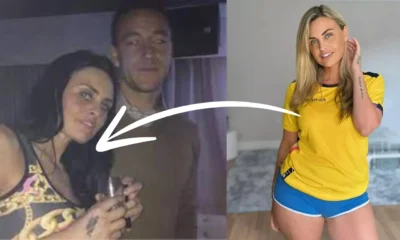
 Soccer6 months ago
Soccer6 months agoEx Glamour Model Says Party with England Team Before Euros
-

 News8 months ago
News8 months agoDubai Flood, Rain Turns Desert to Aquarium🌧️🐠
-
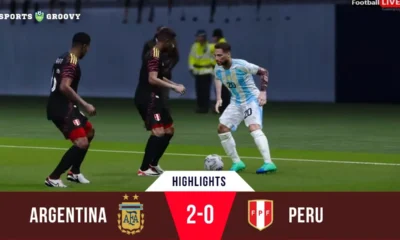
 Soccer6 months ago
Soccer6 months agoArgentina vs Peru 2-0 Highlights & All Goals Copa America 2024
-
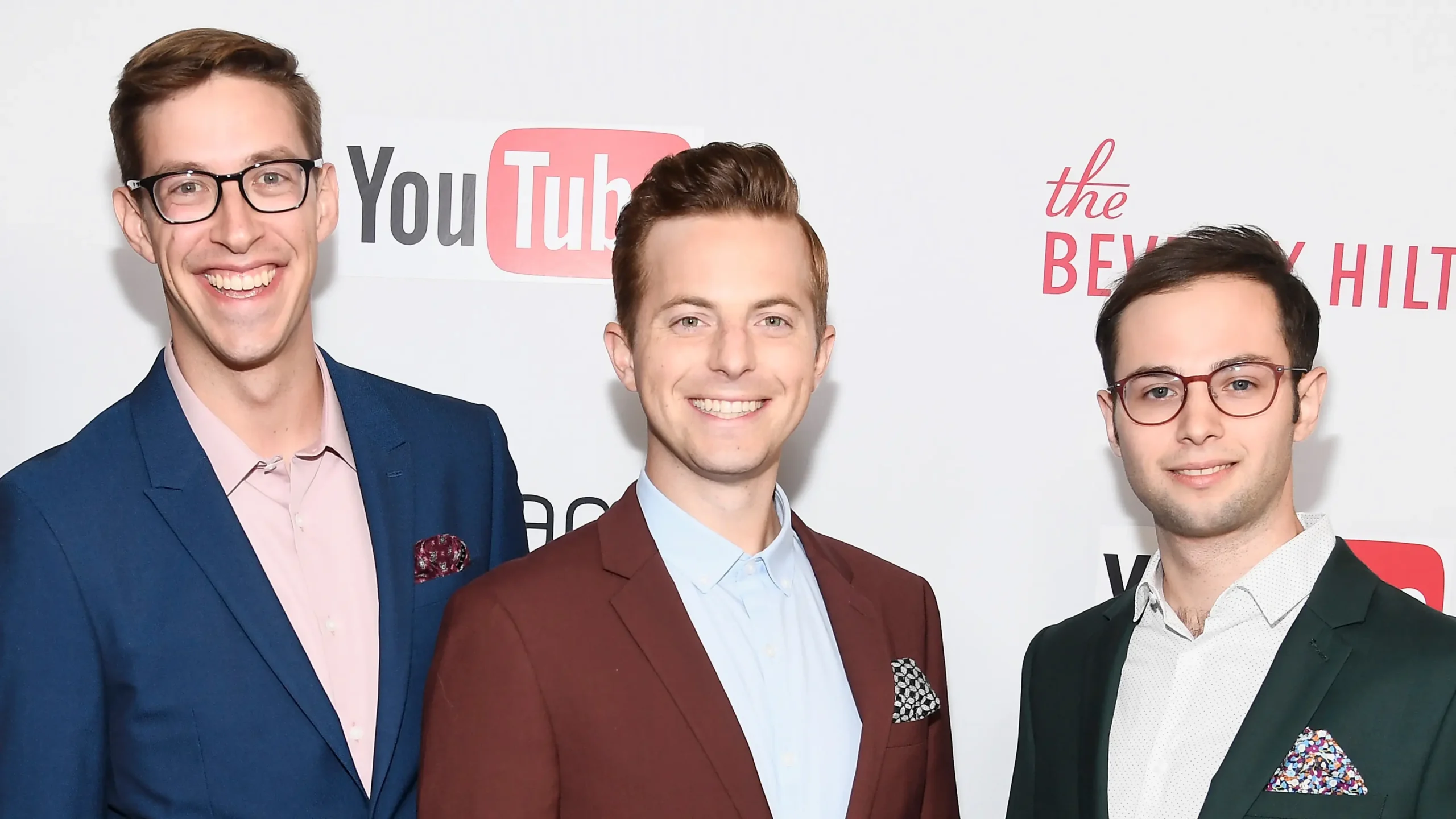
 Entertainment7 months ago
Entertainment7 months agoThe Try Guys’ Journey From Four to Two
-
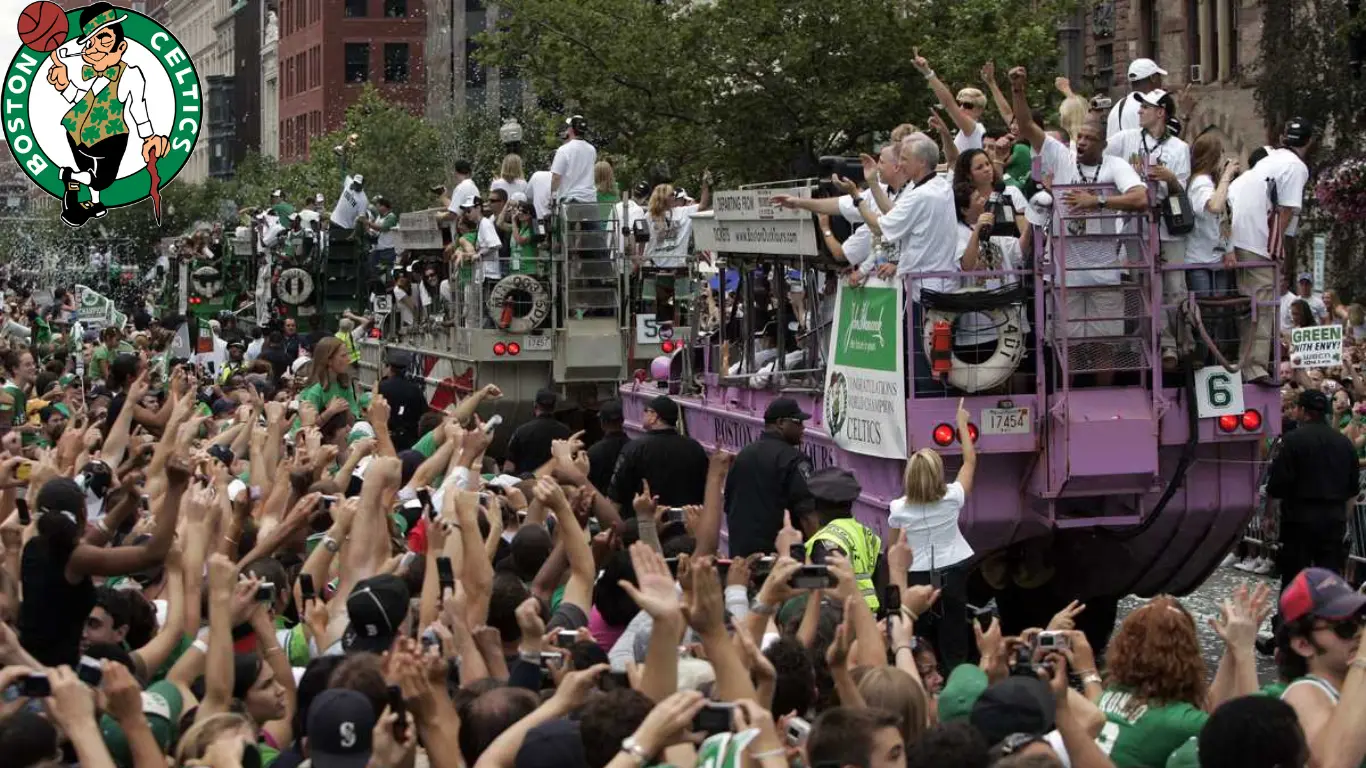
 NBA6 months ago
NBA6 months agoCelebrate with the Boston Celtics: Parade and Traffic Updates
-

 Soccer6 months ago
Soccer6 months agoUEFA EURO 2024: Essential Guide and Key Information
-

 Soccer6 months ago
Soccer6 months agoVinicius Jr Scores Two Goals in Brazil’s Win Vs Paraguay in Copa America 2024





Pingback: Kansas City Chiefs' Daughter Ava Hunt Looks Like Taylor Swift's Twin - Sports Groovy